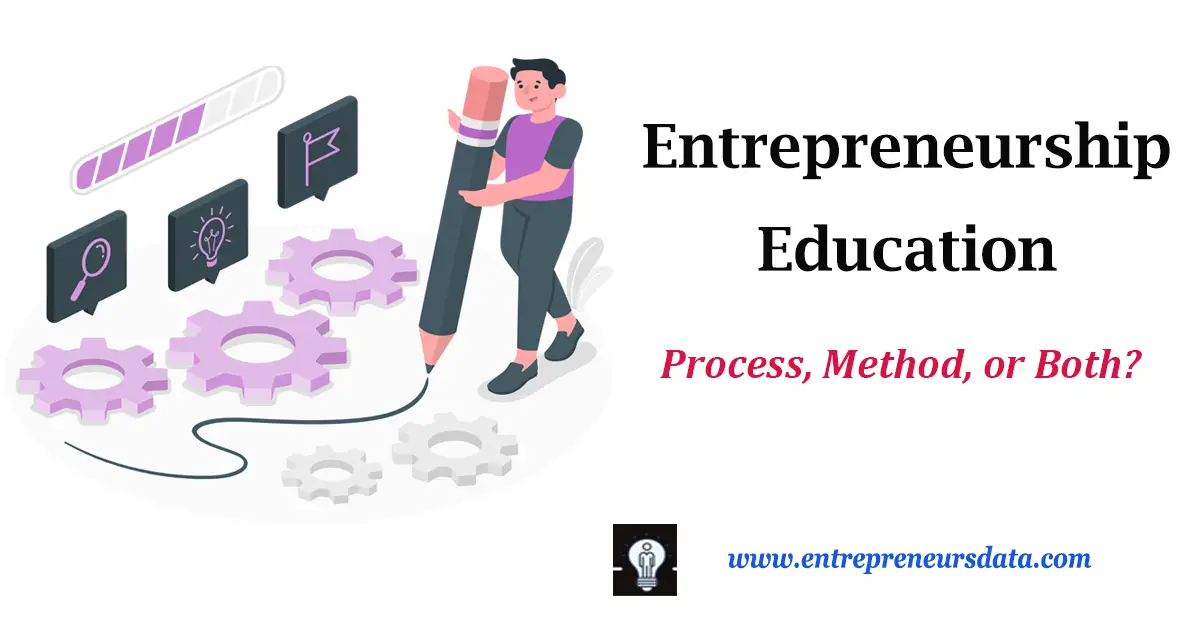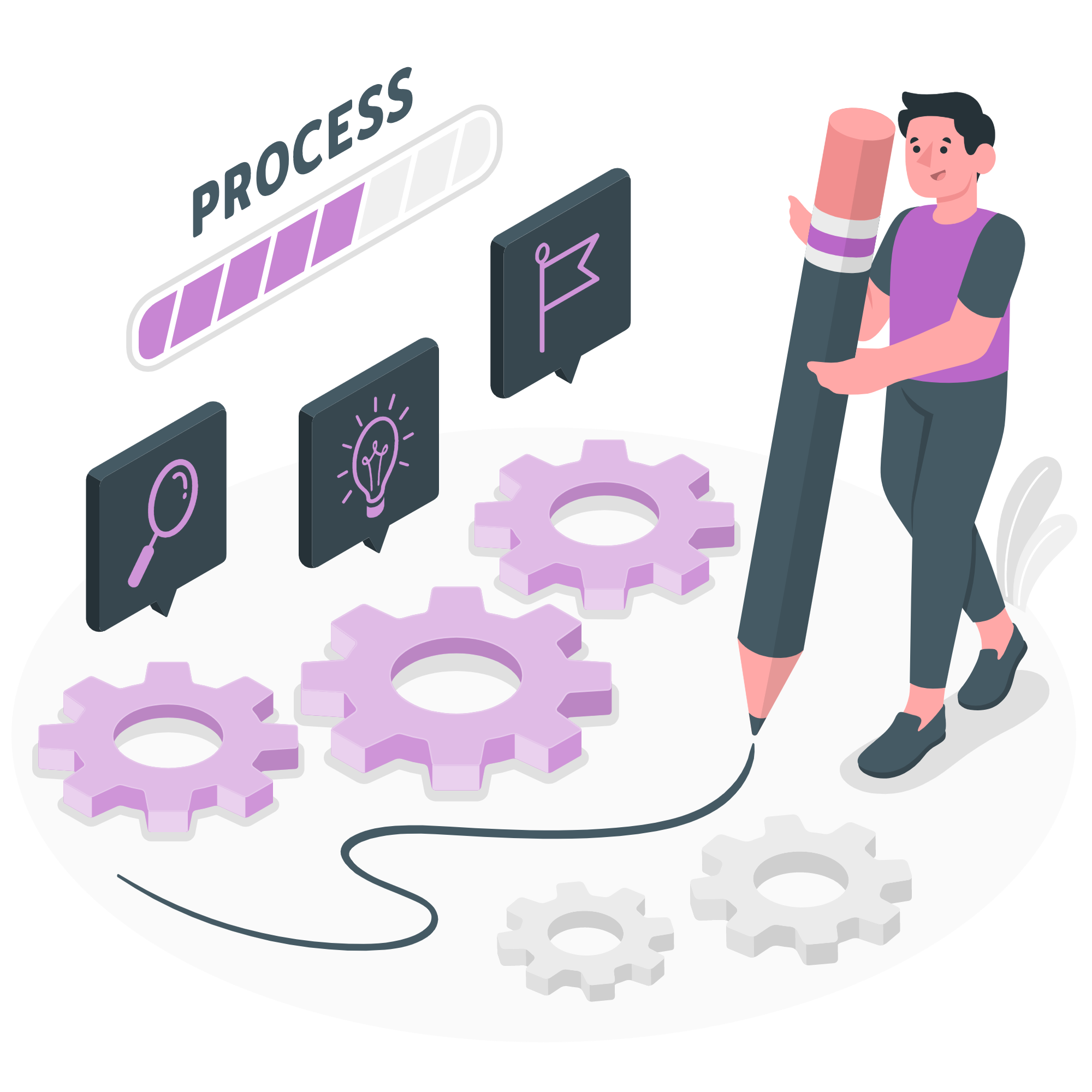Physical Address
304 North Cardinal St.
Dorchester Center, MA 02124


Entrepreneurship Education Process, Method, or Both – Entrepreneurship is one of the most talked-about topics in the world today. Although this is a relatively new concept for developing countries. It is very clear that developed countries have been paying more attention to it for a long time. And have reaped successful results. Due to the desire for entrepreneurship and the many benefits that can be derived from it, today The world is increasingly inclined towards entrepreneurship education. The main purpose of this article is to gain an understanding of Entrepreneurship education as a system or a mechanism.
There are different definitions for Entrepreneurship education. Entrepreneurship education defines as “education for entrepreneurial attitudes and skills”. Also, researchers found a significant correlation between entrepreneurship education and entrepreneurial intentions. Which was greater than between business education and entrepreneurial intentions. The researchers controlled for pre-education entrepreneurial intentions and found no significant relationship between post-education entrepreneurial intentions and entrepreneurial education. Also, previous research proves there are two dramatically different teaching goals in entrepreneurial education. Those are how to launch a business and how to develop entrepreneurial skills.

Entrepreneurship education is starting at the school level. And many degree programs are conducting in worldwide. But the problem is that all these university-level programs are not generating the expected results for entrepreneurs. And not generating the expected level of entrepreneurship. Researchers found reasons for these results. It is because all these entrepreneurial education teaching systems are dependent on teaching methods. These education systems do not focus on teaching how to do entrepreneurship activities as a process. It means those entrepreneurship teaching methods failed to give entrepreneurship experience.
Process methods are very effective for building entrepreneurs. Because it allows students to get entrepreneurship experience through learning by doing. We know that entrepreneurs tend to be fired at several jobs. And or fail in several entrepreneurial endeavors before they manage to create stable, successful enterprises. We must create persistence in students. So that they can continue through occasions of failure and disappointment. one of the most successful entrepreneurs was Thomas Edison.
Edison had a total of three months of formal education. Where he was an abysmal student. He is home-schooled by his mother for the rest of his education and he was fired from several jobs. And failed over and over again at his experiments before he came up with successes. Such as the light bulb and the phonograph. Before his death in 1931, Edison had been granted 1093 patents. It shows that it was his persistence and willingness to fail over and over. On the road to success that made him an icon in entrepreneurship.

So, entrepreneurship education needs to use the entrepreneurship method for teaching entrepreneurship. But this education is complete, or effectiveness comes when those methods using practically in the entrepreneurship process. Studies have constantly shown that entrepreneurs generally fail at one or two businesses. Fired from one or two jobs before they hit on the business that they make successful. Entrepreneurship education needs to prepare students with the idea that failure is part of the game. And that leaving the university with a bachelor’s degree in Entrepreneurship is just the first step to becoming an entrepreneur. So better focusing both process and method in entrepreneurship education to get the optimum results in entrepreneurship education.
Follow us on Linkedin – Click here
Read more about entrepreneurship – Click here
[…] Entrepreneurship Education: Process, Method, or Both? […]
Good article. Thank you https://www.entrepreneursdata.com
Interesting article. It would good entrepreneurship education use both process and method systems for teaching entrepreneurship. Thank you for your article.
#entrepreneurship #entrepreneurnsdata #entrepreneur #entrepreneursshipeducation
https://www.entrepreneursdata.com
[…] Entrepreneurship Education Process or Method ? Click here […]